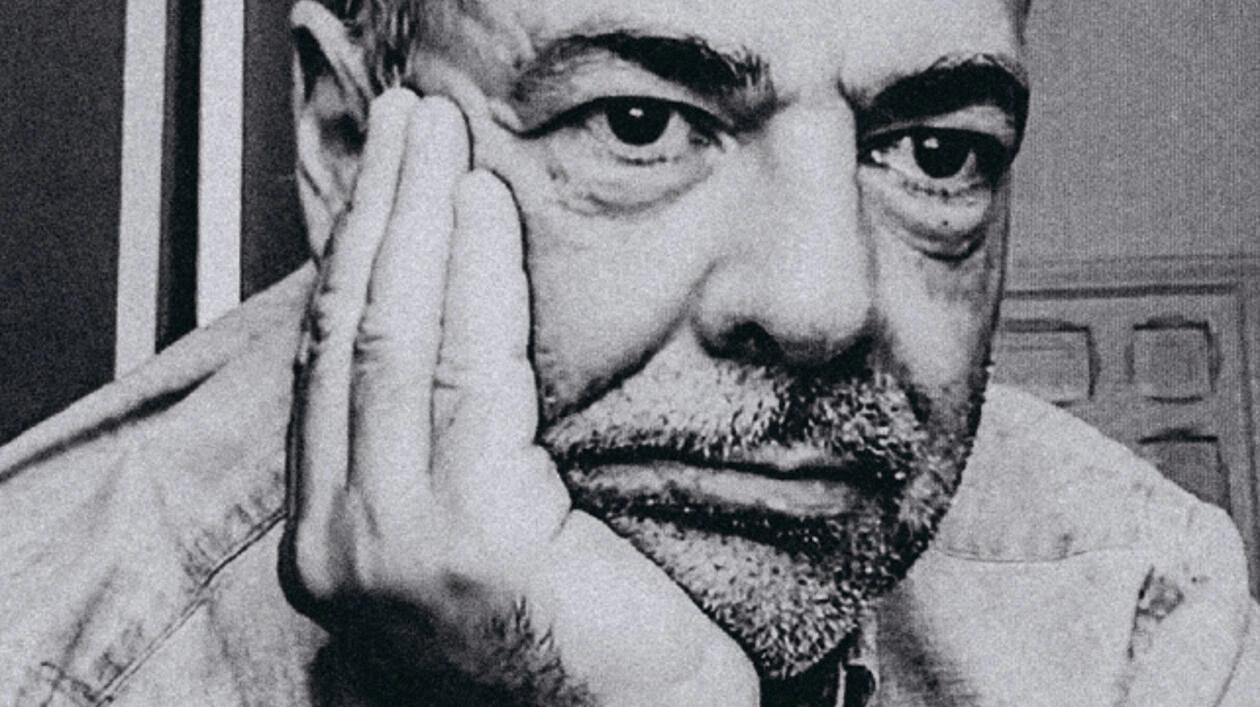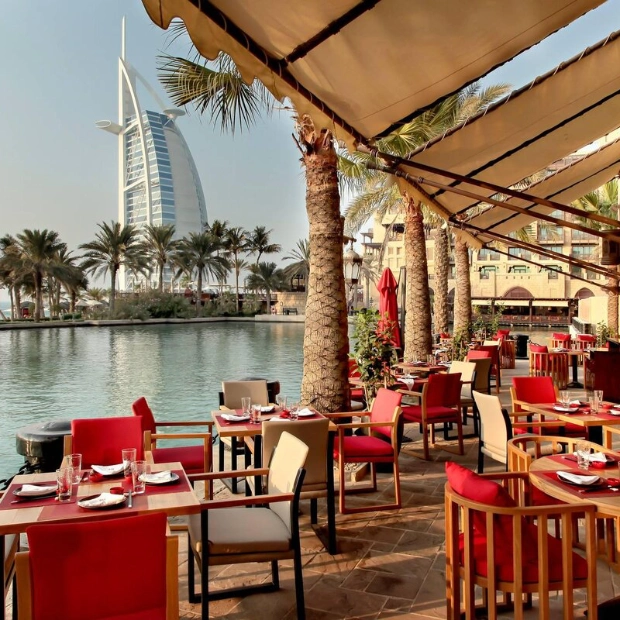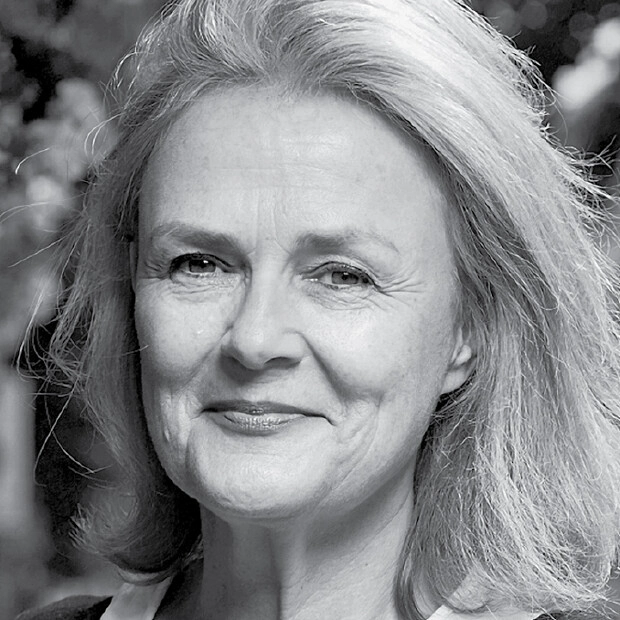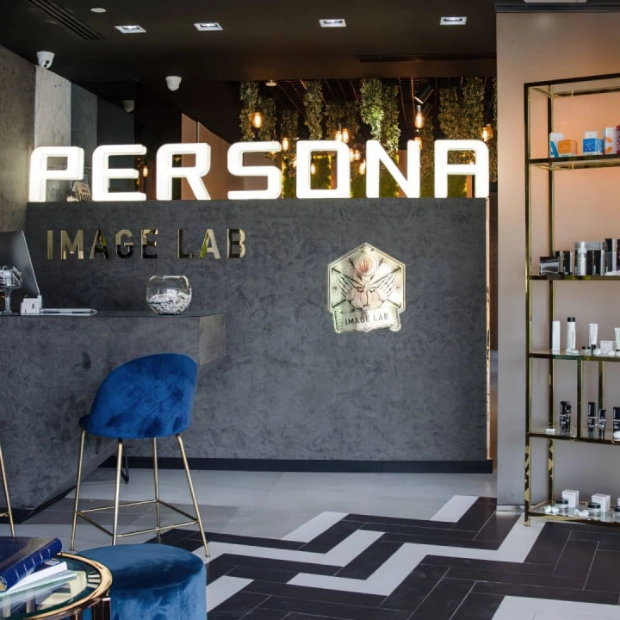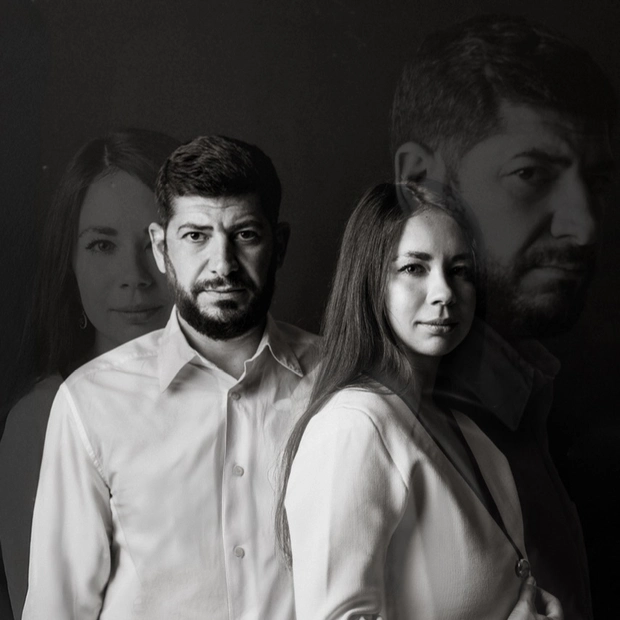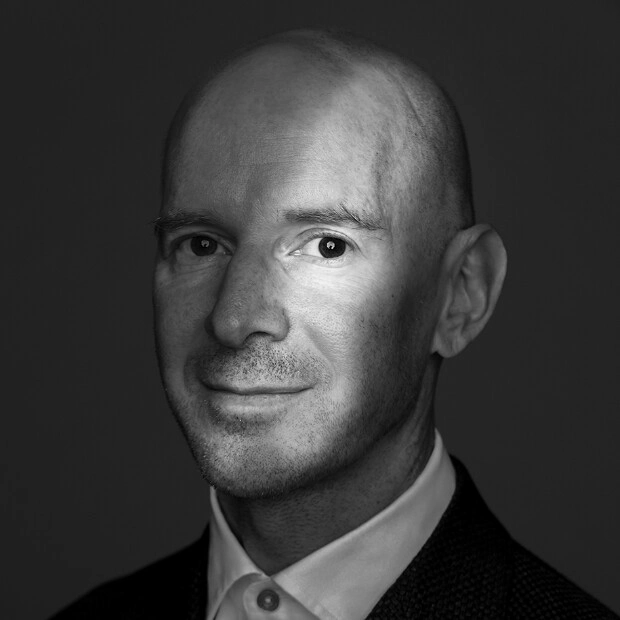A chameleon-like virus is dictating new rules and creating a new reality. It seems to be rational and pretends to be something else — the common flu, bronchitis, or even an asymptomatic case. We will have to change and do without many things we thought important. Thus says Massimilano Varriale, general & colorectal surgeon practicing both at private and state hospitals in Rome.
A short time ago, Luc Montagnier, a Nobel Prize winner in medicine, using HIV research results, supposed that COVID-19 had been most likely created in vitro. That could have happened in the country first hit by the pandemic — China. The virus's mutations and the high mortality caused by it could have started after its artificial treatment. Both China and the WHO, in which the Chinese influence is strong, deny this version, which, paradoxically, convinces many that such a supposition might as well be true. I cannot close out such a possibility, but I'm not 100 % sure either.
Several factors, both inner and outer, made this new coronavirus especially perilous for Italy. First of all, we knew nothing about it when it started spreading in China and later in Italy. When the pandemic was in full swing, we researched its structure, classified it as a small-size RNA-virus, and found out the specifics and ways of its transmission. An early diagnosis was next to impossible, as we knew nothing about its incubative and prodromal periods, clinical scenarios of its genesis, and immunization after SARS-CoV-2 recovery. The infection is hard to discover because this virus is like a chameleon showing the common flu symptoms of losing the smell and the taste which can reappear in a few days, but the lungs will be destroyed by atypical pneumonia. Sometimes it's asymptomatic, but at times there develops bilateral pneumonia with a low oxygen saturation level, vasculitis, and a multi-organ failure leading to death.
Second, we found it very difficult to impose a radical social isolation regime at once. We ran short of surgical masks, manpower, and bed capacities. On the other hand, we lacked knowledge of effective therapeutic schemes for out-patients. Finally, over the last 20 years, Italian hospitals have been underfunded, so our human and technological resources have been running low. No wonder, our healthcare facilities have proved insufficient for a massive influx of patients in this crisis. This makes forecasting a considerable improvement in Italy very difficult. In Central and Southern Italy the case rate is just 1 % while in such northern regions as Piedmont and Lombardy, there are still many COVID-19 positive patients and quite a few lethal outcomes.
Recovered patients cannot be sure they won't be re-infected. The recurrence risk is very high as 120 days after recovery is the half-life of erythrocytes connected with the SARS-CoV-2 proteins, as retrospective research has revealed.
The psychological aspect is a complicating factor of the patients' rehabilitation after COVID-19. Seeing no effective treatment schemes found yet, every recovered patient fears his / her everyday life. Dramatic is the time of waiting for the COVID-19 negative test result as well as the functional and structural consequences for the digestive tract, the cardiovascular system, the liver, the pancreas gland, and the kidneys.
In March, I had to perform planned surgeries on a few rectum cancer patients. We didn't test them for COVID-19 but took all possible precautions against the infection as the pandemic was already raging on. The patients were operated on without swabbing, but a short time after, they developed the COVID-19 symptoms. At first, we were greatly dismayed but soon found an appropriate therapy, and the patients recovered. I was very much concerned about my colleagues assisting me in the surgeries as well as my wife and children to whom I returned after work. Fortunately, the measures we had taken were sufficient, and all ended well.
What has surprised me greatly is the attitude of many politicians to people in general and the health professionals in particular. A fatal lack of foresight was manifested — the pandemic was underestimated. Quite symbolic is the stark contrast between the politicians' and statesmen's attitudes and the way common people have united. The medics have given away the opportunity to see their families, as one isolated themselves from their near and dear ones, and, hand in hand, devoted themselves to our common cause — saving our patients' lives. I'm a doctor and have no right to criticize the government or demand the authorities should make the right decisions. Anyhow, the only way to prevent a massive disaster is the social isolation, which should have been imposed as soon as possible.
All Italians', especially the medics', lives have changed now. I cannot see my family and friends. It's my responsibility and duty of a surgeon dealing with COVID-19 patients not to spread the virus. My professional life has changed little — the level of protection has increased to prevent getting infected, that's all.
The world has taken a huge step back as the national economies are sustaining heavy losses. Lots of people have lost their jobs and the living standards they were used to. It will take us a long time to return to the “pre-COVID-19” reality. Even our national character is sure to change — the Italians won't be as open as before, and our spontaneous readiness for hugs and kisses will become history like, hopefully, the pandemic itself.
All we can do now is draw conclusions and do our best to avoid the infection: wear masks, protective goggles, keep our social distance, and wash our hands frequently. These are the habits to be taken to the future, so that the second phase of gradual easing the lockdown might not lead to an escalation of the pandemic. So that the victims, both medics and patients, might not have died for nothing. In their memory!
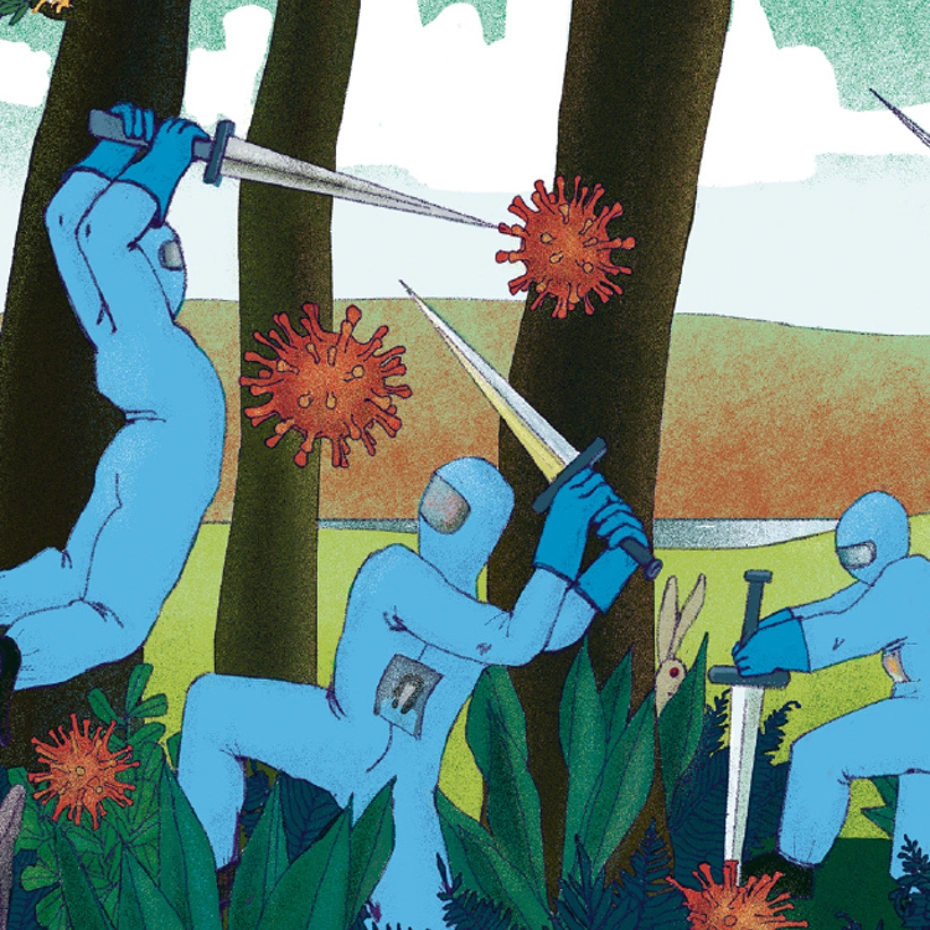
Текст
